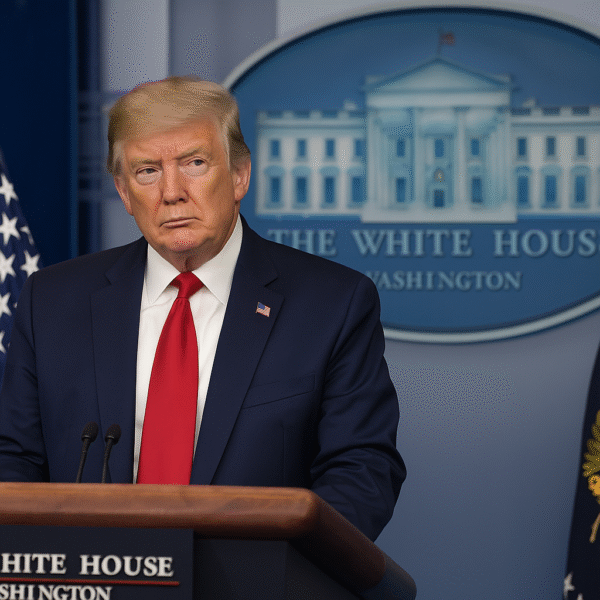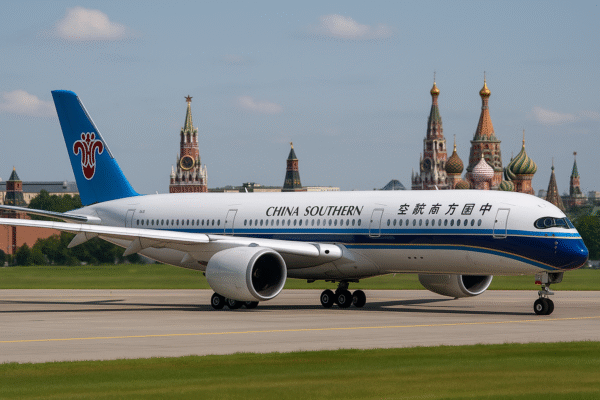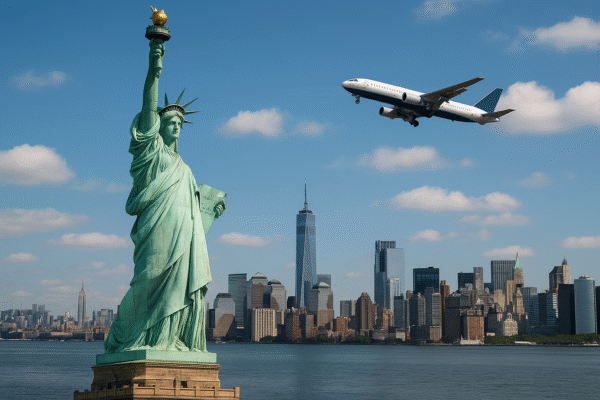U.S. Doubles ESTA Fee for 41 Countries, Risking Tourism Revenue Amid Growing International Backlash
The United States has enacted a controversial increase in the Electronic System for Travel Authorization (ESTA) fee, raising the cost from $21 to $40 for visitors from 41 visa waiver countries. This decision comes at a critical time when inbound tourism is already under pressure, with key markets like Canada, the UK, Germany, and Japan pulling back from U.S. travel due to political tensions and perceptions of an unwelcoming environment.
The newly approved measure, part of the reintroduced “One Big Beautiful Bill,” is intended to bolster border security and modernize infrastructure ahead of major events like the 2026 FIFA World Cup and the 2028 Olympic Games in Los Angeles. However, critics argue the move may serve as a deterrent to global travelers and worsen the country’s competitive position in the international tourism market.
🔎 What Is ESTA and Who Is Affected?
ESTA is a mandatory digital screening tool for travelers from participating countries in the Visa Waiver Program (VWP), allowing short-term travel to the U.S. without a formal visa. Citizens from countries such as the UK, France, Germany, Japan, Australia, and South Korea typically use ESTA for tourism or business stays of up to 90 days.
The program offers a two-year validity, allowing multiple entries, and is intended to facilitate smoother travel experiences. Yet, with the recent fee hike, the cost burden—especially on families and frequent travelers—has doubled.
🌍 Countries Affected by the ESTA Fee Increase
The fee hike impacts all 41 members of the U.S. Visa Waiver Program, including:
- Europe: France, Germany, Spain, Italy, Sweden, United Kingdom, Netherlands, Austria, Belgium, Denmark, Portugal, Ireland, Finland, Norway, and others
- Asia: Japan, South Korea, Singapore, Taiwan, Israel, Brunei
- Oceania: Australia, New Zealand
- South America: Chile
These are countries with strong diplomatic and economic ties to the U.S. Many also contribute significantly to American tourism revenue, making the timing and nature of the increase especially contentious.
📉 Tourism Decline from Allied Nations
Canada has been one of the most visible cases of declining U.S. tourism interest. While over 20 million Canadians visited the U.S. in 2023, recent surveys suggest growing public discontent with American policies. A considerable number of Canadians are now choosing to stay home or travel to alternative destinations, such as European cities or Canadian provinces like Ontario and British Columbia, both reporting a boost in domestic and international tourism.
The U.S. is also seeing reduced travel interest from wealthy European travelers, with the UK, Germany, and France reporting lower travel intention rates to the U.S. in favor of destinations perceived as safer, friendlier, and more affordable.
🏨 Industry Response: “A Self-Imposed Tourism Tariff”
Tourism and airline industry leaders have expressed concern over the unintended consequences of the ESTA fee increase. The U.S. Travel Association warned that this could act as a “self-imposed tourism tariff,” especially damaging given the post-pandemic recovery phase and the already fragile state of global travel sentiment.
The legislation also slashes federal funding for Brand USA—the nation’s official destination marketing organization—from $100 million to $20 million annually. With reduced global outreach and increased travel costs, stakeholders fear that the U.S. is becoming less attractive to high-spending international travelers.
💸 Why Is the Fee Increasing?
According to the Department of Homeland Security, funds raised from the ESTA fee hike will go toward:
- Hiring and training more U.S. Customs and Border Protection officers
- Upgrading border security and traveler vetting systems
- Expanding airport terminal capacity and processing times
- Enhancing air traffic control and traveler flow technology
- Supporting national tourism and infrastructure planning ahead of the World Cup and Olympics
However, many industry professionals argue the funding model could have been structured differently without deterring tourism.
📆 When Will the Changes Be Enforced?
The U.S. government has not set a definitive start date for the $40 fee but has indicated it will take effect well before the 2026 FIFA World Cup. International travelers are advised to monitor the official U.S. Customs and Border Protection website for updates.
Meanwhile, the European Union plans to implement a similar entry system, ETIAS, for travelers from visa-exempt countries, including Americans. The rollout—initially expected in 2024—has been delayed and is now projected for 2026.
✈️ Travel Alternatives Gain Ground
While travelers under the Visa Waiver Program will still benefit from visa-free entry, the new fee may influence travel decisions. Families, students, and budget-conscious tourists are already weighing alternatives such as Canada, Japan, and EU nations—especially those that offer streamlined digital nomad or multi-country visa programs.
As global travel competition intensifies and economic uncertainty rises, the U.S. risks losing billions in tourism-related revenue. The ESTA fee hike, coupled with reduced marketing, may further weaken its position as a top-tier travel destination.
For more travel news like this, keep reading Global Travel Wire

















